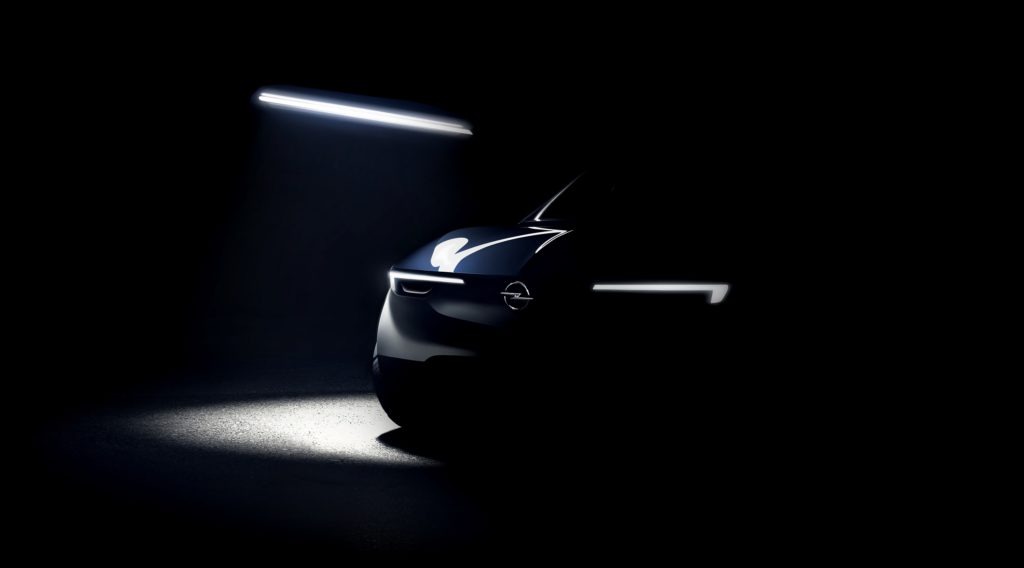PSA Group makes Brexit conditions over future UK production
01 July 2019

1 July 2019
PSA Group has issued a warning to the UK Government over Brexit, as it has announced future production sites for its Opel Astra model.
The French carmaker group has confirmed that it will build the next generation Opel/Vauxhall Astra at two sites in Europe, with RÜsselsheim in Germany being one of these. However, the company has stated that its second plant would be Ellesmere Port in the UK, but this decision is dependent on Brexit negotiations.
′The decision on the allocation to the Ellesmere Port plant will be conditional on the final terms of the UK’s exit from the European Union and the acceptance of the New Vehicle Agreement, which has been negotiated with the Unite Trade Union,’ the group said in a statement on its Vauxhall website.
Brexit woes
PSA Group has been vocal on its concerns over such a scenario. ′We have been doing all we can to develop our UK business, restore Vauxhall and Opel profitability, reinvesting in Luton and improving our sites’ competitiveness in order to help them face up to an uncertain future,’ said the company’s Europe boss Maxime Picat at the Paris Motor Show last year.
′But there are limits. Those limits are customs barriers, and the loss of freedom of movement, for people and goods. If we get to that point, we will be obliged to take measures.’
The UK was due to leave the EU on 29 March. However, this deadline was extended to 31 October following the problems with Prime Minister Theresa May’s withdrawal agreement. The situation was further complicated by the PM standing down, triggering a leadership challenge.
The new PM will be chosen in July, and the current two candidates are confident they can avoid a no-deal scenario, which would see tariffs imposed on imports and exports and could also cause delays at customs. Such a move would hit parts deliveries to plants in the country, which operate on a ′just in time’ scheme, while also increasing costs.
However, with the EU insisting that the current withdrawal agreement is the only deal they will consider, and parliament already having rejected it three times, there is an increasing likelihood that no-deal will occur.
Currently, the Astra is built at Ellesmere Port and Gliwice in Poland. The decision to move manufacturing to RÜsselsheim means that one of these plants will miss out on producing the next generation model. The conditions laid down by PSA over Brexit suggest that Poland is not yet out of the running.
German investment
′This is an important step forward for RÜsselsheim. This investment will allow work in two shifts and secure the sustainable future of the plant,’ said Opel CEO Michael Lohscheller.
The decision was made possible by further improvements in efficiency and competitiveness of the plant. The Opel flagship Insignia will continue to be manufactured in RÜsselsheim as well, while the plant will be tooled to produce an electric version of the Astra, following on from the announcement of the new Corsa-e.
′Increasing competitiveness, efficiency and quality is part of Groupe PSA’s production DNA and the RÜsselsheim plant has made major inroads in all of these areas,’ said Yann Vincent, executive vice-president Manufacturing & Supply Chain at PSA Group. ′I count on RÜsselsheim to contribute to the manufacturing of the next generation Opel Astra.’